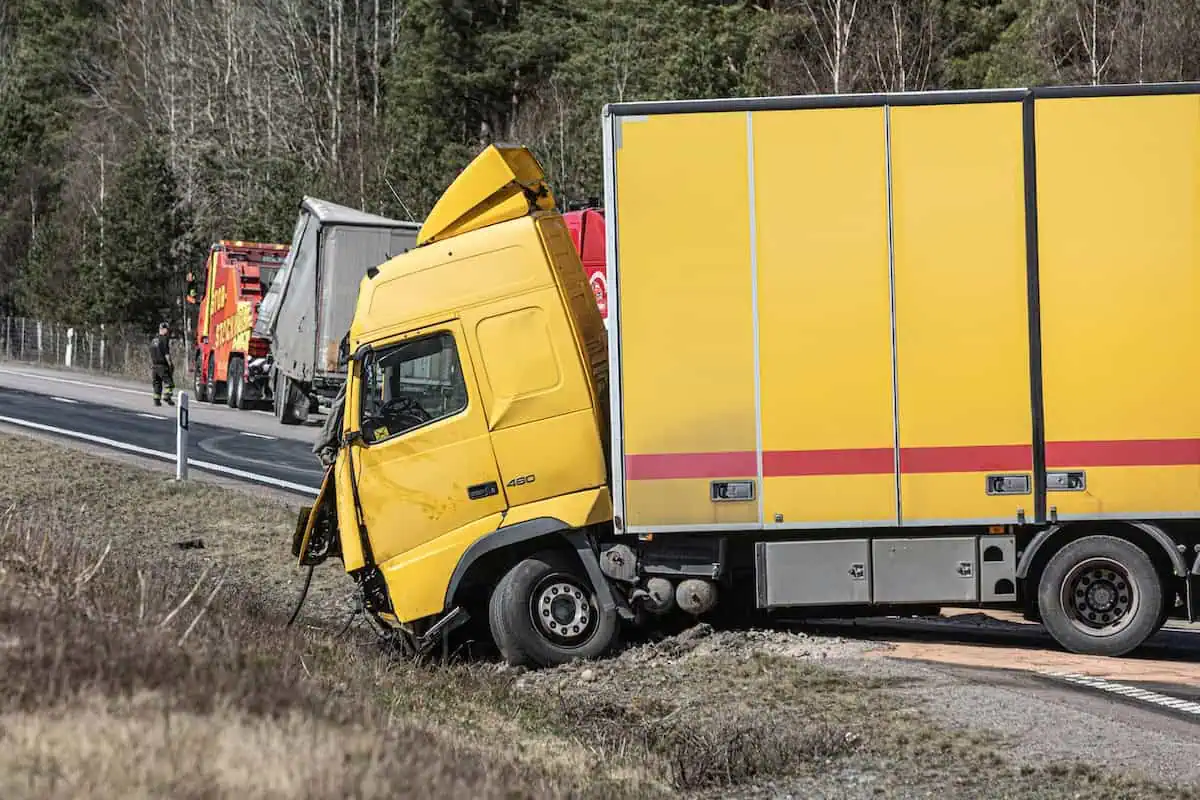If you’ve been injured in a collision involving a commercial truck, you may be entitled to take legal action not just against the individual driver, but the trucking company itself.
Pursuing compensation through a lawsuit can be complex, especially given the resources and legal teams many transportation firms have on retainer. This is where experienced truck accident attorneys in Florida become essential.
They can help navigate the legal system, determine liability, and fight for your right to fair compensation.
Understanding Liability in Trucking Accidents
In many truck-related collisions, liability can extend beyond the driver. Trucking companies are often responsible for the actions of their employees under the doctrine of “respondeat superior,” meaning employers are accountable for negligence occurring in the course of employment.
Additionally, companies can be directly liable if they failed to properly maintain the vehicle, forced the driver to work beyond legal limits, or neglected safety regulations.
A thorough investigation will reveal whether the trucking company violated federal trucking laws, such as hours-of-service rules or failed drug testing procedures. If violations are found, this greatly strengthens the injured party’s claim.
Steps to File a Lawsuit
To begin the process, the first step is to gather evidence. This includes police reports, witness statements, photos or video footage, medical records, and truck data such as GPS or electronic logging device records. An attorney can subpoena documents and secure black box data that may indicate speed, braking, or mechanical issues.
After the evidence is collected, a formal complaint is filed in civil court against the trucking company. This document outlines the plaintiff’s injuries, how the defendant is allegedly at fault, and the compensation being sought.
Once the complaint is served, the litigation process begins. This may involve discovery (where both parties exchange evidence), depositions, settlement negotiations, and, if necessary, a trial.
Proving Negligence
Succeeding in a truck accident lawsuit requires proving negligence. The plaintiff must show that:
- The trucking company owed a duty of care.
- That duty was breached through an act of negligence.
- The breach directly caused the accident.
- The plaintiff suffered actual damages as a result.
Negligence could include failure to vet drivers, inadequate training, ignoring mechanical problems, or unsafe scheduling practices. In some cases, third parties—like cargo loaders or vehicle maintenance contractors—may also share liability.
Compensation You May Recover
Victims of trucking accidents may be eligible for both economic and non-economic damages. These can include:
- Medical bills (past and future)
- Lost income or reduced earning capacity
- Pain and suffering
- Emotional distress
- Property damage
In cases involving gross negligence or reckless conduct, punitive damages may also be awarded to punish the trucking company and deter future misconduct.
Preserving Evidence Early
One of the most important steps you can take immediately after a truck accident is to preserve evidence. Trucking companies are only required to retain certain data, like driver logs or black box information, for a limited time.
Sending a spoliation letter through your attorney can legally compel the company to preserve relevant evidence. Acting quickly ensures crucial details are not lost, giving your case a stronger foundation as it progresses.
Why Legal Representation Matters
Trucking companies are typically defended by aggressive insurance firms and corporate lawyers. Trying to take them on alone puts you at a significant disadvantage. A knowledgeable legal team can identify liable parties, calculate the full extent of your losses, and push for a settlement or verdict that truly compensates your injuries.
Conclusion
Hiring the right legal help can mean the difference between walking away empty-handed or securing the justice you deserve.
Article and permission to publish here provided by Patrick Otto. Originally written for Supply Chain Game Changer and published on June 23, 2025.
Cover photo by Carl Tronders on Unsplash.

